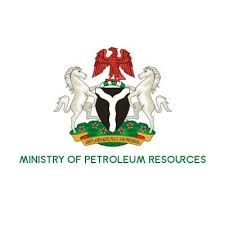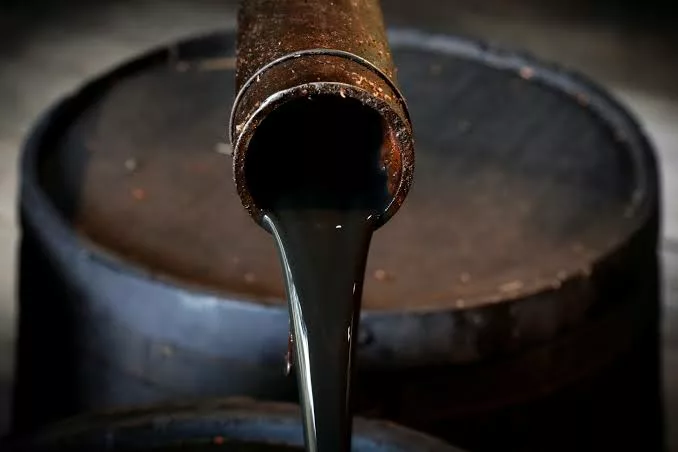
The Petroleum and Natural Gas Senior Staff Association of Nigeria (PENGASSAN) has warned that entrenched political interests undermine Nigeria’s efforts to revive its moribund refineries.
The union insisted that sustainable reforms require government divestment in favour of tested private sector operators.
Speaking at the ongoing PENGASSAN Energy and Labour Summit (PEALS 2025), PENGASSAN president Comrade Festus Osifo said that despite successive administrations’ repeated commitments to fix the ailing refineries, progress has been stalled by politics and mismanagement.
Osifo urged the government to adopt the Nigeria Liquefied Natural Gas (NLNG) model, which gives private investors majority ownership and operational control while the government retains minority shares.
He stressed that such a framework would reduce political interference and drive efficiency in refinery operations.
“The refinery must work, but there is a model we have operated over the years, the NLNG model, lets the government have minority shares while experienced refining companies hold the majority. That way, politics will no longer dominate decisions and the refineries can function optimally”, Osifo said.
Osifo also called for an urgent increase in oil production, warning that despite having over 37 billion barrels of crude reserves, Nigeria is producing only about two million barrels per day.
He also raised concerns about oil companies hoarding licences without developing them, even after securing approvals for years. While commending the Nigerian Upstream Petroleum Regulatory Commission (NUPRC) for a recent transparent marginal field bid round, he urged regulators to remain vigilant.
Turning to labour issues, Osifo accused some firms of violating workers’ rights to unionise.
“This is 2025, yet some companies are giving workers letters to sign that they won’t join unions. We will surely come after them if they don’t desist,” he declared.
Earlier, the chief executive of the Nigerian Upstream Petroleum Regulatory Commission (NUPRC), Gbenga Komolafe, lauded PENGASSAN’s role in fostering dialogue and described the summit as a vital platform for shaping Nigeria’s energy future.
He noted that while global investment is shifting rapidly towards low-carbon energy, hydrocarbons will continue to play a major role for decades, especially in Africa and Asia.
Komolafe said Nigeria must balance energy security with transition goals, emphasising the need to harness resources responsibly while strategically investing in cleaner alternatives.
“Our upstream sector delivers about 90 per cent of export earnings and nearly 70 per cent of government revenue, but our mission must go beyond being resource-rich; we must be resource-responsible, “ he said.
He highlighted reforms under the Petroleum Industry Act (PIA) and recent presidential executive orders that shortened contracting cycles, improved local content value, and opened investment opportunities in deep-water and gas projects.
According to him, these measures are key to achieving Nigeria’s target of producing 2.5 million barrels per day by 2026.
Both speakers emphasised collaboration between labour, government and private operators as central to achieving a resilient oil and gas sector capable of driving national development in an era of energy transition.
SOURCE: LEADERSHIP NEWSPAPER






I love looking through and I conceive this website got some truly useful stuff on it! .